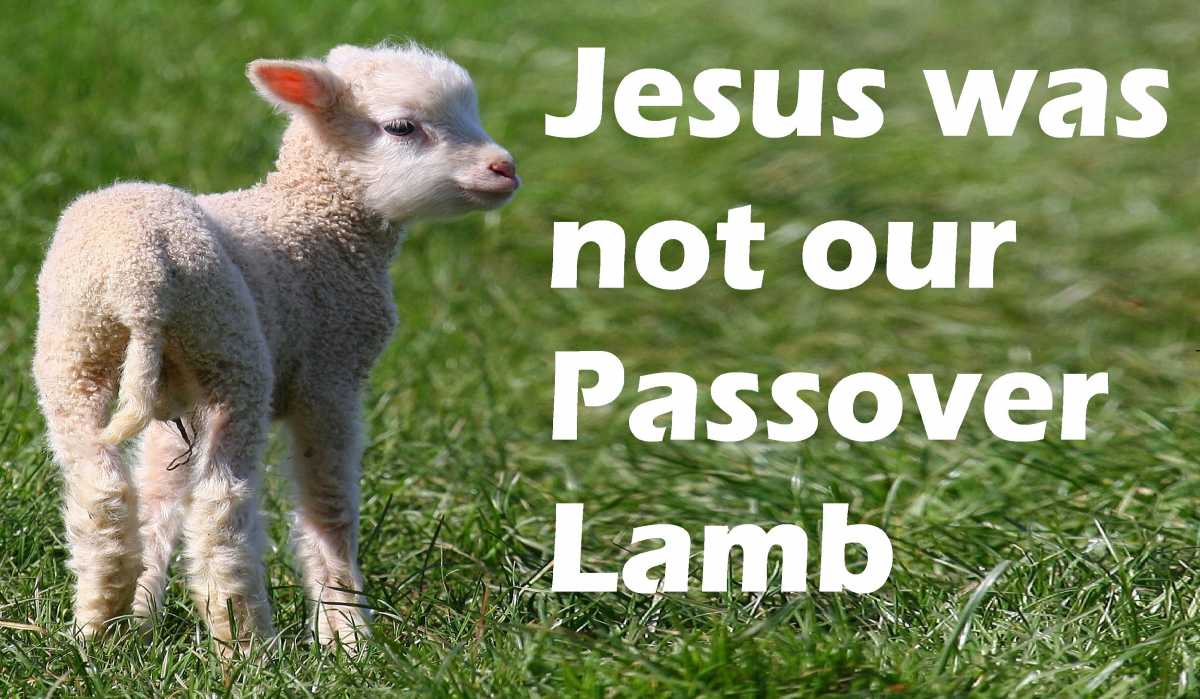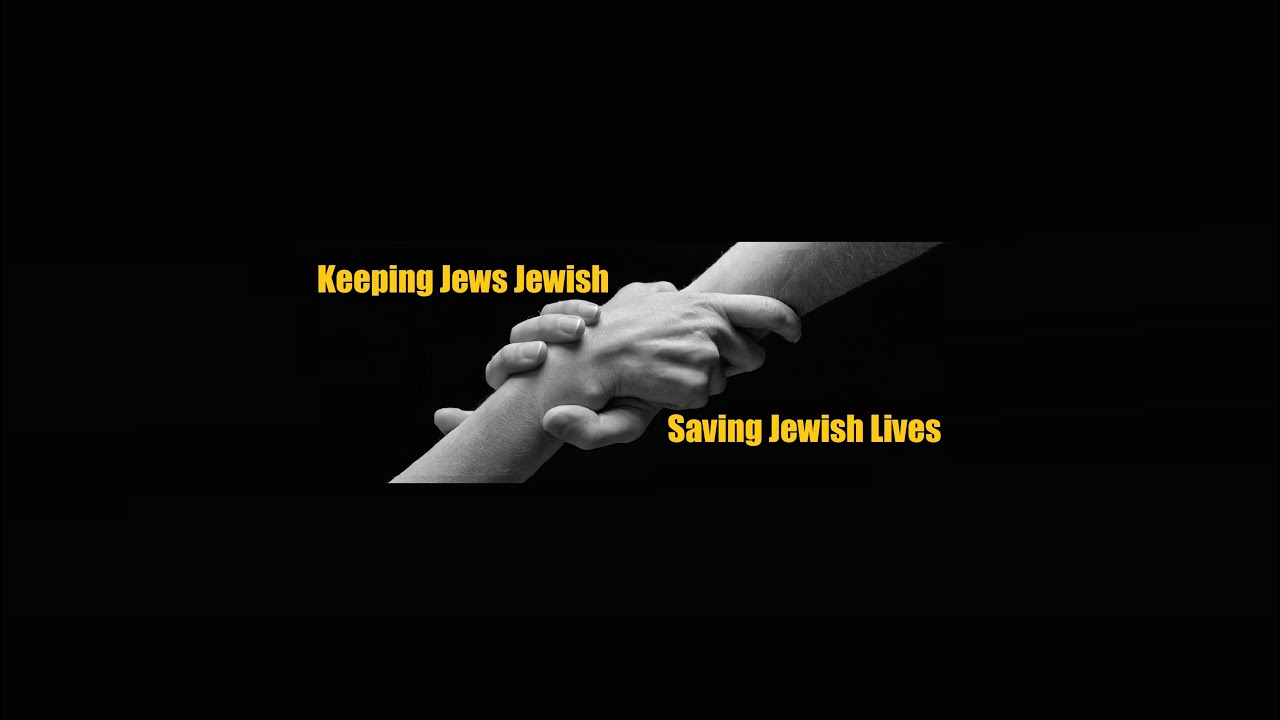
By Rabbi Michael Skobac
Each year, numerous missionary churches and Messianic congregations hijack the holiday of Passover by claiming that it proclaims a Christian message. The Christian bible compares Jesus to the Paschal lamb (John 1:29) and insists that he died as a sacrifice to atone for the sins of the world (I Cor. 15:3, I John 2:2).
In truth, this deceptive spin totally distorts the actual meaning of Passover.
The exodus of the children of Israel from their long bondage in Egypt 3300 years ago was preceded by ten awesome plagues that God visited upon our oppressors. The last of these plagues was the slaying of the Egyptian first born. God instructed the Israelites to place the blood of a lamb on their doorposts and lintels of their houses. The Angel of Death passed over the houses marked in this way as it went about smiting the Egyptian first born.
The Passover lamb became a yearly sacrifice eaten on the first night of the holiday to commemorate this event. It was not sacrificed to atone for anyone’s sins and only served to spare the Jewish first born.
If Jesus’ death was supposed to have been an atoning sacrifice, it would have been more appropriate to liken him to the special goat that was offered on Yom Kippur – the national Day of Atonement (Leviticus 16).
Missionaries often try to connect Jesus to the Passover lamb because unlike other victims of crucifixion, his legs were not broken (John 19:33). In the laws of the Passover sacrifice, the Torah prohibited breaking any of its bones (Exodus 12:46, Numbers 9:12).
However, it is a cynical farce to arbitrarily seize upon only one requirement of the Passover sacrifice and show a parallel to the death of Jesus while ignoring all the laws that don’t fit. For example, the Bible prohibited sacrificing any animal that was maimed or blemished in any way (Leviticus 22:19-22, Deuteronomy 17:1). However, prior to being crucified, Jesus was beaten and scourged (Matthew 27:26, Mark 15:15-19) which would render him unfit to be a sacrifice. In addition, he was circumcised in the flesh (Luke 2:21), which according to Philippians 3:2 is considered to be a form of mutilation.
As well, the Passover sacrifice most certainly could not have been a human being! The Bible strongly condemns and forbids human sacrifice over a dozen times.
The actual meaning and significance of the Passover lamb is, in fact, a total repudiation of Christianity. Four days prior to the Exodus, the children of Israel were instructed to set aside a lamb that they would eat on the evening prior to leaving Egypt (Exodus 12:3-6). This was a tremendously risky act of defiance because the Egyptians worshiped the lamb (Exodus 8:22 / 8:26 in a non-Jewish Bible).
The slaughtering of the Paschal lamb was a dramatic renunciation of idolatry. It was a statement that the people inside those houses worshiped God alone. The blood on their doorposts was a brave protest against the prevailing beliefs and a forceful rejection of the worship of any created being. Our Passover today continues to serve as a rejection of the deification of any human being.


